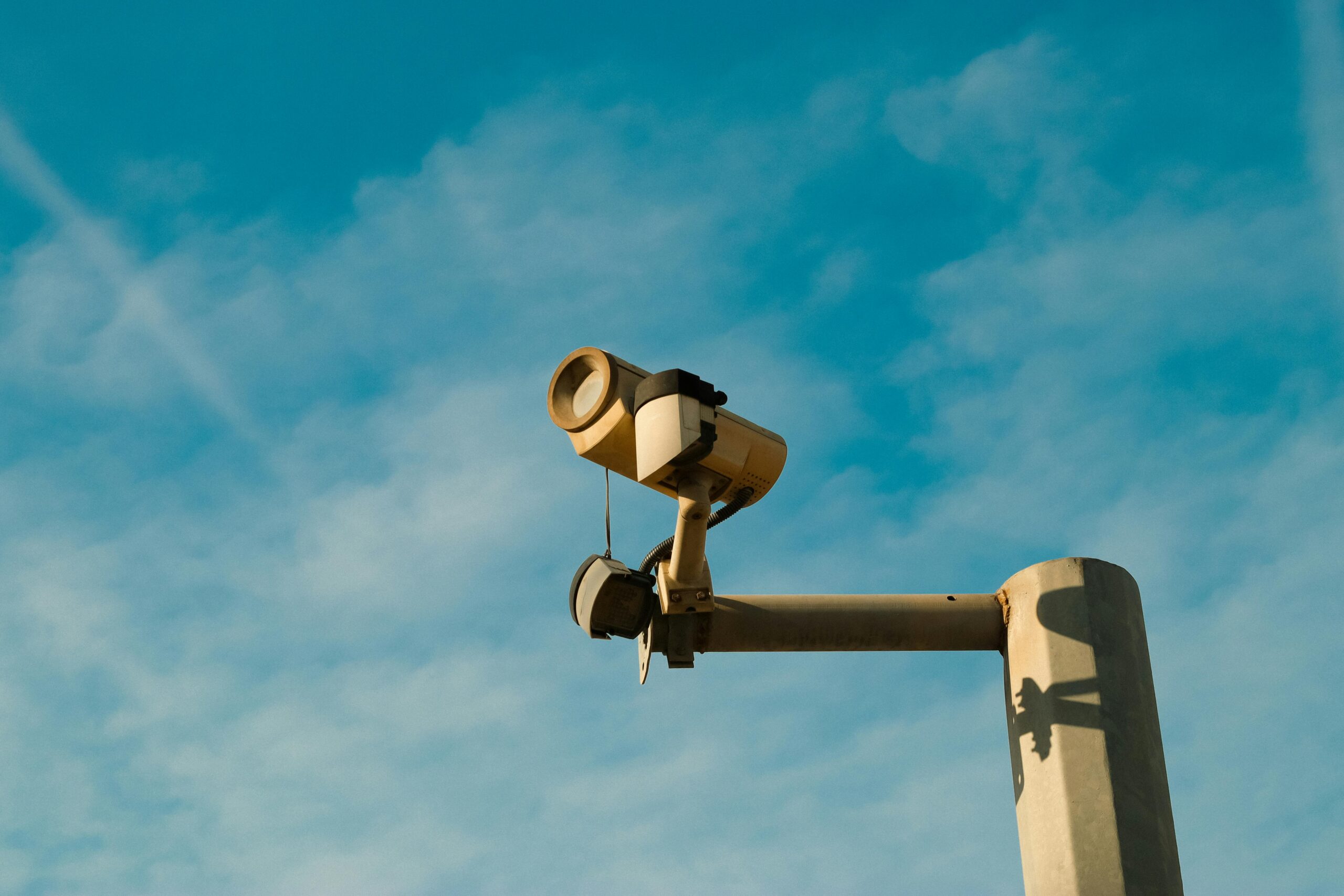Over the past few years in Utah, there has been a constant debate over state revenue and why so many tax increases are supposedly needed What Utahns often don’t realize is that Utah’s state budget has ballooned to nearly $19 billion a year.
While some of that growth is tied to inflation and the growth of the population in Utah, much of it has to do with a steady flow of new tax increases that have resulted in more unnecessary government programs, pet projects, and waste. All the while, we are told that there is not enough money for public education. What proponents of new tax increases seem to miss is that Utah has a budget prioritization and spending problem—not a revenue problem.
One idea has been floated for years to fix this problem: zero-based budgeting. The idea is quite simple. Instead of starting the budgeting process with last year’s budget and simply adding (and very rarely subtracting) to it, legislative committees would start fresh, from zero. The most important programs would be identified and funded first, thereby beginning to make it clear which programs are essential and which are not.
Instead of department heads coming and asking the legislature for a standard 2% increase, they would need to justify every dollar that they spend.
In this year’s legislative session, Representative Jefferson Moss was able to pass House Joint Resolution 18—a binding policy change that requires every budgetary committee to engage in zero-based budgeting on 20% of its base budget every year, thus ensuring a thorough review of the entire state budget every five years.
Though not a perfect solution and not a pure implementation of zero-based budgeting, this is a solid step in the right direction to rein in unnecessary government spending and help legislators become more used to the concept of zero-based budgeting. With experience gained from this process, someday in the future zero-based budgeting might be used in every level of government in Utah every year—a future we’ll be pushing towards.




